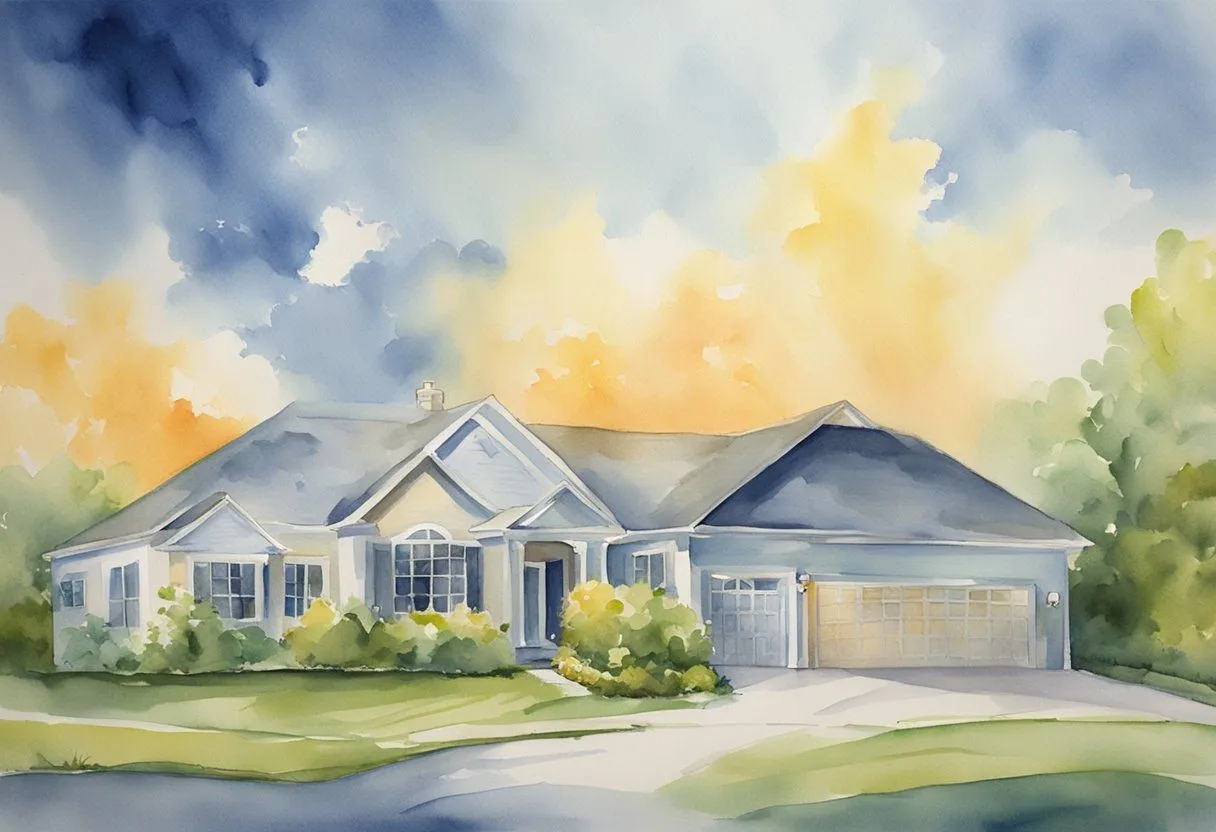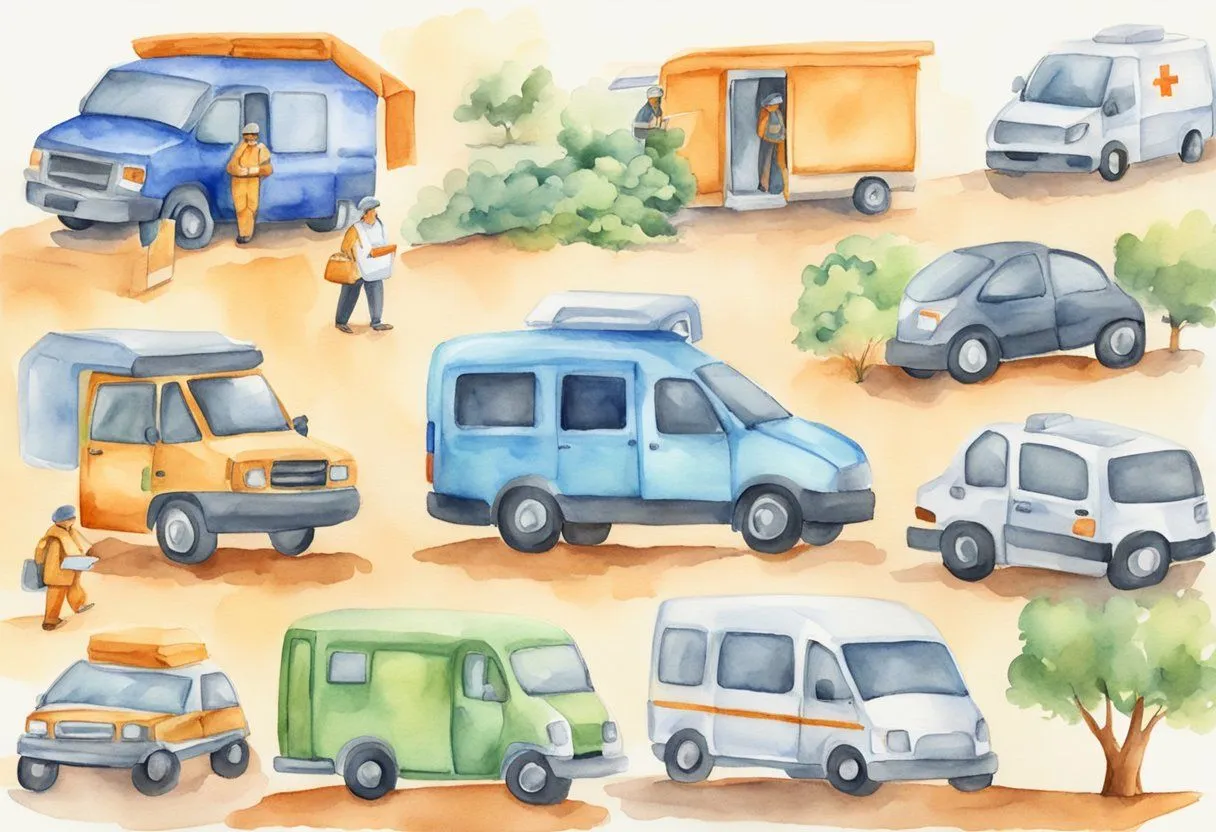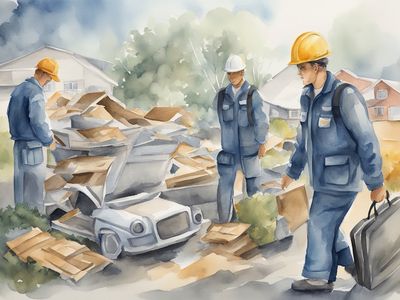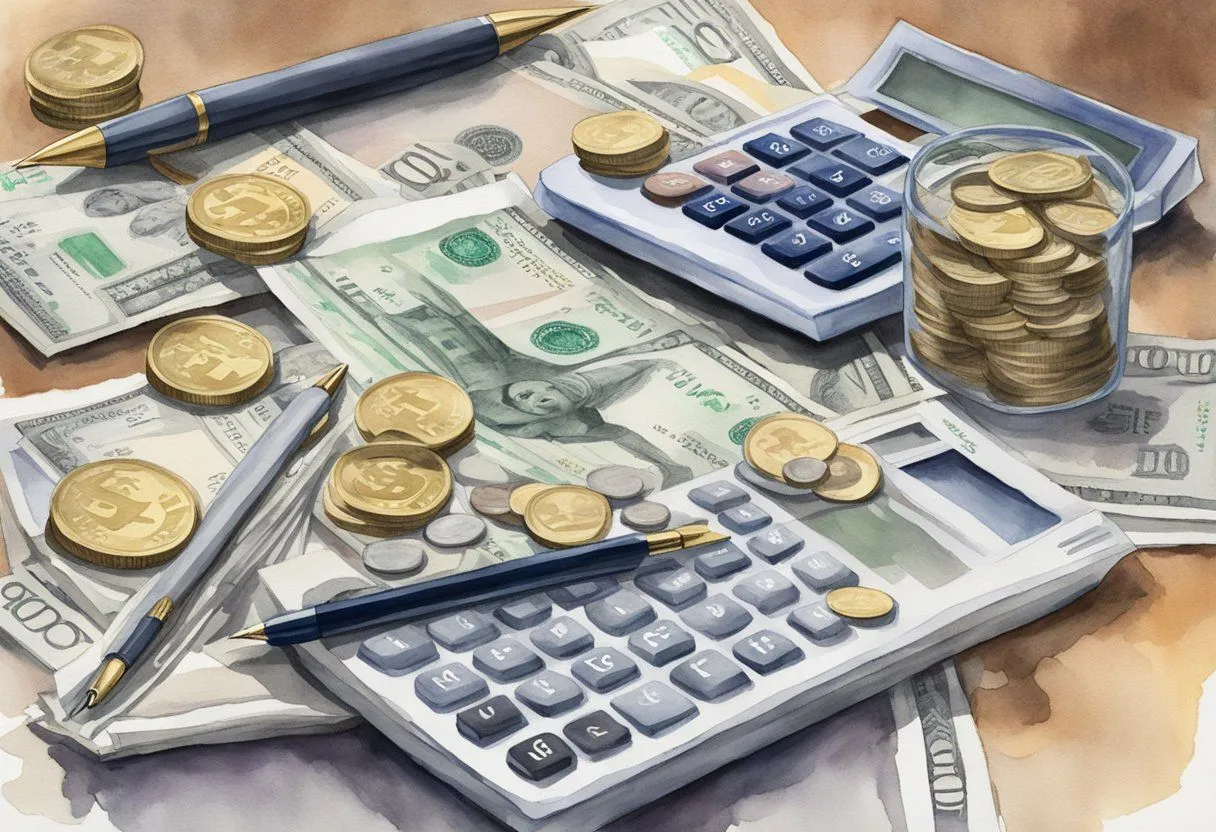Disaster Preparedness: A Guide to Insurance Planning for Unexpected Events
Disasters can strike at any time, and it’s important to be prepared for the unexpected. One aspect of disaster preparedness that is often overlooked is insurance planning. While insurance can’t prevent a disaster from happening, it can provide financial protection and peace of mind in the aftermath.
There are many different types of insurance policies that can be useful in disaster situations, including homeowner’s insurance, renter’s insurance, flood insurance, and earthquake insurance. It’s important to understand what each policy covers and to make sure you have adequate coverage for your specific needs. In addition, it’s important to review your policies regularly and make updates as necessary to ensure that your coverage remains appropriate for your circumstances.
Understanding the Importance of Insurance in Disaster Preparedness

Insurance is an essential part of disaster preparedness. It provides financial protection in the event of unexpected events such as natural disasters, fires, or theft. Without insurance, individuals and businesses may face significant financial losses that can be difficult to recover from.
There are several types of insurance policies that individuals and businesses can purchase to protect themselves in the event of a disaster. Some of the most common types of insurance policies include:
- Homeowners insurance: This type of insurance protects homeowners from losses due to damage to their homes and personal property.
- Business insurance: Business insurance provides financial protection for businesses in the event of unexpected events that may cause damage or loss of property.
- Flood insurance: Flood insurance is a type of insurance policy that provides coverage for damage caused by floods.
- Auto insurance: Auto insurance provides financial protection for drivers in the event of accidents, theft, or damage to their vehicles.
By purchasing insurance policies, individuals and businesses can protect themselves from the financial impact of unexpected events. It is important to carefully consider the types of insurance policies that are necessary for your specific situation and to ensure that you have adequate coverage.
In addition to purchasing insurance policies, it is also important to regularly review and update your policies to ensure that they provide adequate coverage. It is also important to understand the terms and conditions of your insurance policies to ensure that you are aware of any limitations or exclusions that may apply in the event of a disaster.
Overall, insurance is a critical component of disaster preparedness. By taking the time to carefully consider your insurance needs and purchasing adequate coverage, you can protect yourself and your business from the financial impact of unexpected events.
Types of Insurance for Disaster Preparedness

Disasters can strike anytime, anywhere, and can cause significant damage to one’s property, health, and even life. Insurance is a crucial tool that can help individuals and families prepare for unexpected events and mitigate the financial impact of disasters. Here are the different types of insurance that can help with disaster preparedness:
Property Insurance
Property insurance covers damage or loss to one’s home and personal belongings caused by natural disasters, such as floods, hurricanes, earthquakes, and wildfires. It can also cover damage caused by man-made disasters, such as theft, vandalism, and fire. Property insurance can be purchased as a standalone policy or as part of a comprehensive homeowner’s insurance policy.
Life Insurance
Life insurance provides financial protection to one’s beneficiaries in the event of their death. It can help cover funeral expenses, outstanding debts, and provide a source of income for loved ones left behind. While life insurance may not directly help with disaster preparedness, it can provide peace of mind knowing that loved ones will be taken care of in the event of an unexpected death.
Health Insurance
Health insurance is essential for disaster preparedness as it can cover medical expenses incurred due to injuries or illnesses resulting from a disaster. It can also cover the cost of emergency medical transportation and treatment. Health insurance can be purchased through an employer or as an individual policy.
In conclusion, having the right insurance policies in place can help individuals and families prepare for unexpected events and mitigate the financial impact of disasters. It is essential to evaluate one’s insurance needs and purchase policies that provide adequate coverage for potential risks.
Key Factors to Consider When Choosing Insurance

When it comes to disaster preparedness, choosing the right insurance coverage is crucial. Here are some key factors to consider when selecting an insurance policy:
Coverage
The first factor to consider is the coverage provided by the insurance policy. It is important to ensure that the policy covers all potential risks and hazards that could occur in a disaster. This includes coverage for natural disasters such as floods, earthquakes, hurricanes, and tornadoes, as well as coverage for man-made disasters such as fires and explosions.
Another important consideration is the amount of coverage provided by the policy. It is important to choose a policy that provides adequate coverage to fully protect your assets in the event of a disaster.
Premiums
The cost of insurance premiums is another important factor to consider when selecting an insurance policy. It is important to choose a policy that provides adequate coverage at a price that is affordable for your budget.
When comparing insurance policies, it is important to look at the deductibles and premiums associated with each policy. A higher deductible may result in lower premiums, but it also means that you will have to pay more out of pocket in the event of a disaster.
Claim Process
In the event of a disaster, the claim process can be a stressful and overwhelming experience. It is important to choose an insurance policy that has a clear and straightforward claim process.
When selecting an insurance policy, it is also important to consider the reputation of the insurance company. Look for a company that has a history of providing excellent customer service and responding quickly to claims.
By considering these key factors, you can choose an insurance policy that provides comprehensive coverage at an affordable price, and that will help you to prepare for unexpected events.
Maintaining and Reviewing Your Insurance Plan
Once you have set up your insurance plan, it is important to review and update it regularly to ensure that it continues to meet your needs. This includes reviewing your coverage levels, deductibles, and premiums to ensure that they are still appropriate for your situation.
It is recommended that you review your insurance plan at least once a year, or whenever there are significant changes in your life, such as a move, a new job, or a major purchase. During the review process, you should consider the following:
- Have there been any changes in your financial situation or assets that would require you to adjust your coverage levels?
- Are there any new risks or threats that you need to consider, such as natural disasters or cyber attacks?
- Are your deductibles and premiums still affordable and reasonable for your budget?
In addition to regular reviews, it is important to maintain your insurance plan by keeping accurate records and documentation. This includes keeping copies of your policies, receipts for premiums paid, and any correspondence with your insurance provider.
It is also important to stay informed about any changes to your insurance policy or coverage. This includes reading any notices or updates from your insurance provider, as well as staying up-to-date on changes in regulations or laws that may affect your coverage.
By maintaining and reviewing your insurance plan regularly, you can ensure that you are prepared for unexpected events and have the coverage you need to protect your assets and financial well-being.



